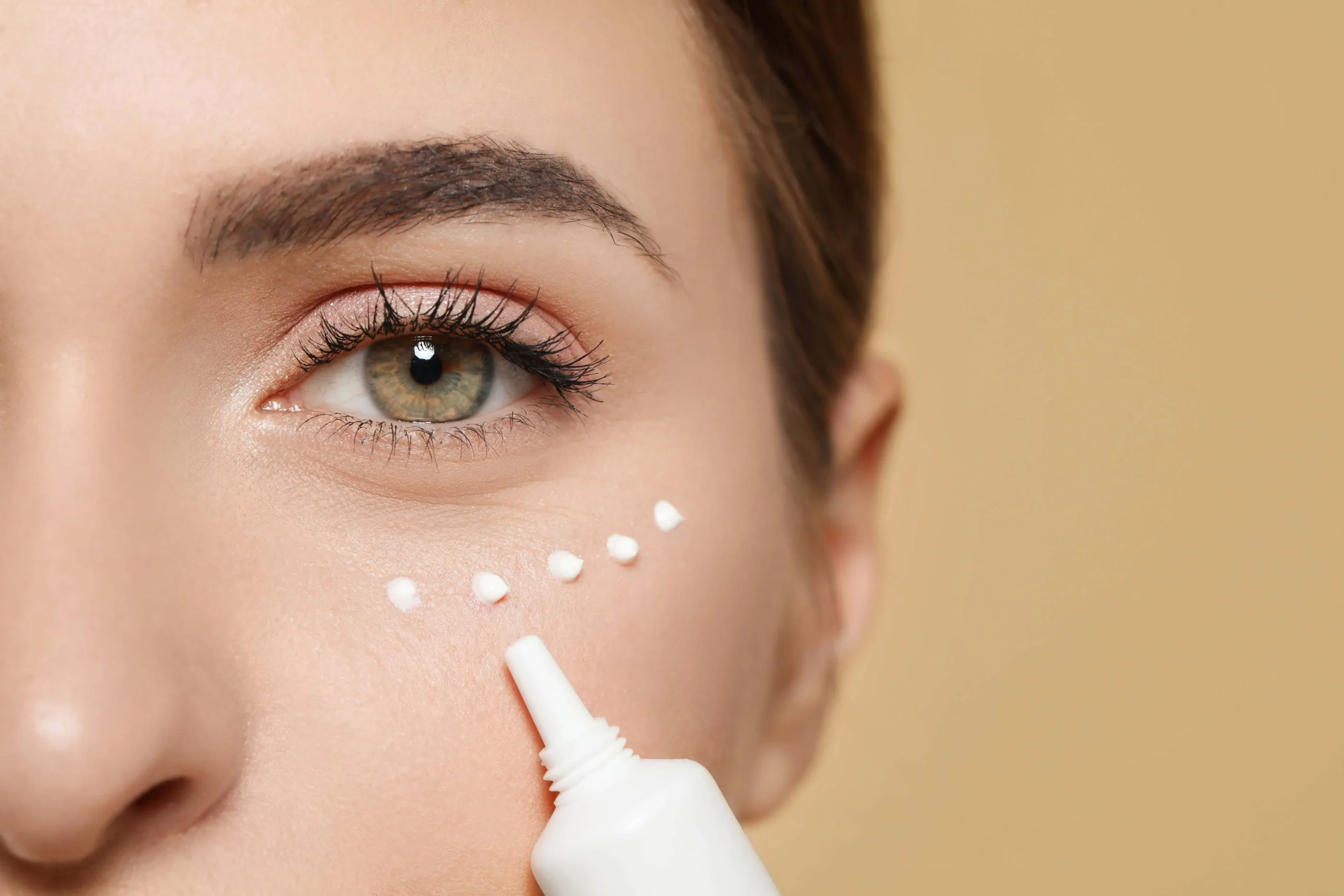When it comes to skincare, the debate between natural and synthetic ingredients is ongoing.
Both sides have their advocates and their skeptics, each touting the benefits and downplaying
the downsides. So, how do you determine which option is more suitable for your skin? Let’s
break it down.
The Case for Natural Ingredients
Natural ingredients come from plants, minerals, and other naturally sourced substances. They
are often marketed as safer and more environmentally friendly. Here are some pros and cons:
Pros :
1. Fewer Chemicals: Natural products tend to have fewer synthetic chemicals, which can
be beneficial for those with sensitive skin.
2. Nutrient-Rich: Many natural ingredients are packed with vitamins, antioxidants, and
essential oils that nourish the skin.
3. Eco-Friendly: Natural ingredients are often more biodegradable and sourced from
sustainable practices.
4. Tradition and Trust: Many natural ingredients have been used for centuries and are
trusted remedies in traditional medicine.
Cons:
1. Allergies: Natural doesn’t always mean hypoallergenic. Ingredients like lavender, tea
tree oil, or certain fruit extracts can cause allergic reactions in some people.
2. Stability: Natural ingredients can be less stable than synthetic ones, meaning they might
have a shorter shelf life or lose effectiveness over time.
3. Efficacy: Not all natural ingredients are as potent or effective as their synthetic
counterparts. It can be hit-or-miss depending on the formulation and concentration.
4. Cost: Often, natural products can be more expensive due to the sourcing and
manufacturing processes involved.
The Case for Synthetic Ingredients
Synthetic ingredients are created in laboratories and are designed to mimic or improve upon
natural substances. They are often seen in mainstream skincare products. Here are some pros
and cons:
Pros:
1. Consistency: Synthetic ingredients offer more consistent results and stability, ensuring
the product performs the same way every time you use it.
2. Targeted Action: They can be engineered for specific purposes, such as targeting acne,
reducing wrinkles, or providing sun protection.
3. Longer Shelf Life: Synthetic products generally have preservatives that extend their
shelf life, making them more practical for everyday use.
4. Cost-Effective: They are often less expensive to produce, making them more affordable
for consumers.
Cons:
1. Potential Irritants: Synthetic ingredients can include harsh chemicals, fragrances, and
preservatives that might irritate sensitive skin.
2. Environmental Impact: The production and disposal of synthetic ingredients can have a
negative impact on the environment.
3. Unknown Long-Term Effects: Some synthetic chemicals are relatively new, and their
long-term effects on health and the environment are not fully understood.
4. Overcomplicated Formulas: Synthetic products can have long ingredient lists with
many unnecessary additives that provide no real benefit to the skin.
Finding a Balance
In reality, the best skincare routine often involves a balance of both natural and synthetic
ingredients. Here’s why:
1. Hybrid Formulas: Many products combine the best of both worlds, using natural
ingredients for their beneficial properties and synthetics for stability and efficacy.
2. Personalization: Your skin is unique, and what works best for you might be a
combination of natural and synthetic ingredients.
3. Effectiveness: Focus on what works for your skin rather than sticking rigidly to one side
of the debate. Sometimes, a synthetic ingredient might provide the exact benefit you
need.
Conclusion
The natural vs. synthetic debate in skincare is nuanced, with each side offering distinct
advantages and disadvantages. Understanding these can help you make informed choices
about what to put on your skin. Ultimately, the best approach is to listen to your skin, do your
research, and perhaps most importantly, find what makes you feel good in your own skin.






